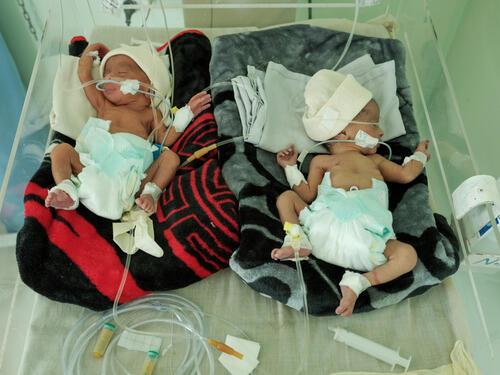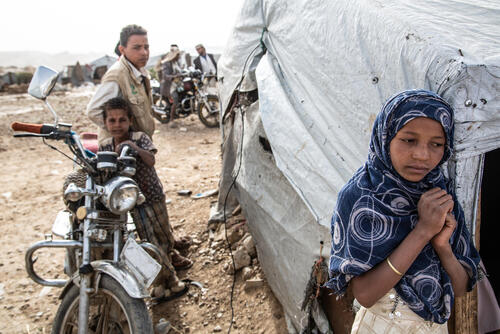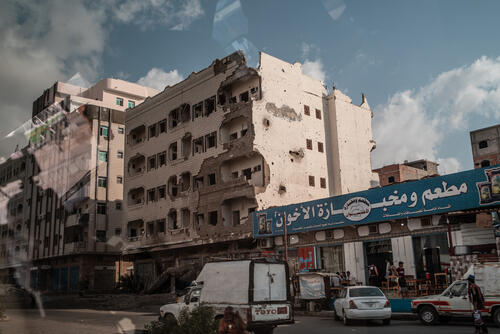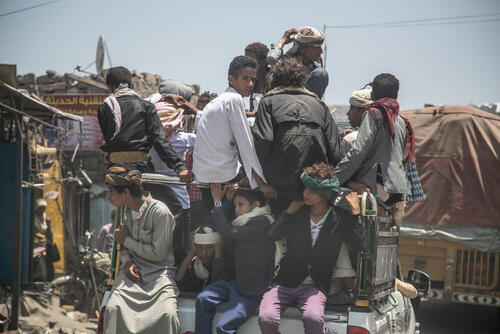Complicated delivery: The Yemeni mothers and children dying without medical care takes a look at two facilities where MSF is providing free healthcare – the MSF-run Taiz Houban mother and child hospital and the MSF-supported hospital in Abs – and offers an insight
into some of the challenges facing mothers and children in Yemen.
After four years of conflict, the medical and humanitarian situation in Yemen continues to deteriorate due to violent clashes, continuous airstrikes, political interference in aid operations by warring parties, and an economic maelstrom in what was already the poorest country in the Middle East.
For Yemenis living through this protracted crisis, getting hold of the essentials of daily life is a constant struggle. This is especially true of medical care, as Yemen’s public health system is far from meeting the needs of the country’s 28 million people.
Today, the ability of Yemenis to access private or public healthcare has dramatically diminished, as the conflict has ravaged the economy and devalued people’s savings. Receiving treatment in a private clinic was a significant and widely affordable part of Yemen’s pre-conflict health system, but this is now out of the reach of all but a limited section of Yemeni society, leaving the vast majority reliant on a hollowed-out public health service.
While medical needs are significant across all demographic groups, those of mothers and children are alarming. Despite weaknesses in Yemen’s public health system before 2015, there had been a steady decline in infant and maternal mortality. However, since the outbreak of the current conflict, these improvements have reversed.
The reduced number of functioning health facilities, the economic damage wrought by the conflict, and the physical barriers of active fighting and shifting frontlines, all combine to make reaching medical care a difficult and often dangerous process. As a result, women and children often arrive so late at medical facilities that their lives cannot be saved.






